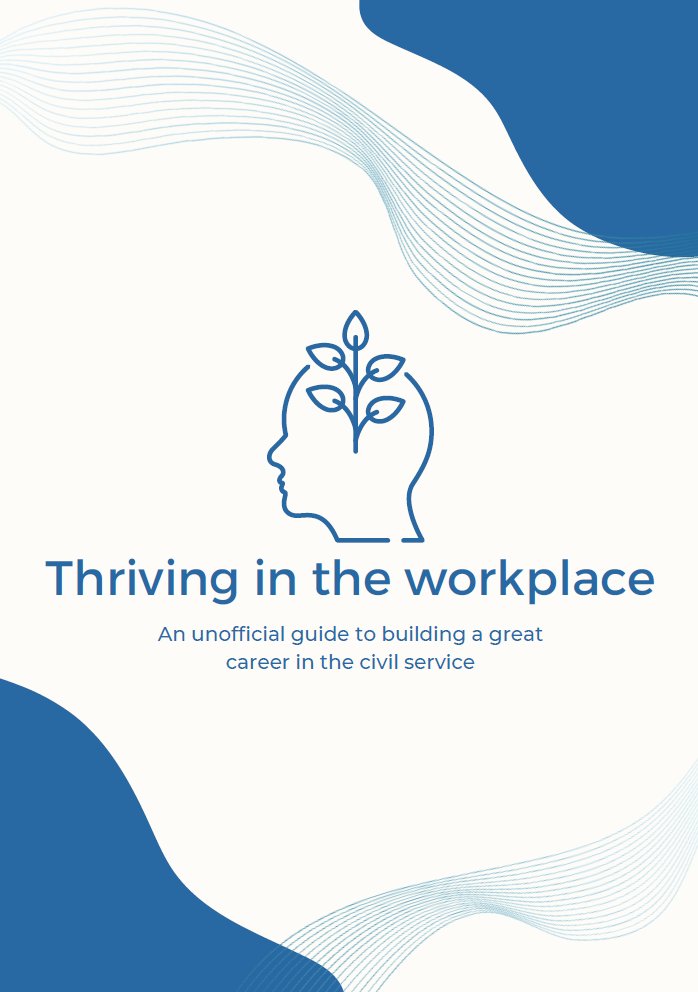Thriving in the Workplace: The Government Socio-Economic Diversity Network's unofficial guide
Building a great career in the civil service shouldn't depend on your background. In this guide, the Government Government Socio-Economic Diversity Network shines a light on the unwritten rules of navigating the civil service and provides officials with practical, honest and impartial careers advice
 Download guide
Download guide
This guide aims to address one of the trickiest social mobility challenges: how do working-class employees negotiate the middle-class norms of professional life? Career progression in the civil service has been compared to navigating a labyrinth: prospects are governed by a set of cultural norms that put those from lower socio-economic backgrounds at a disadvantage. Is talent and hard work enough, or do you need a certain cultural confidence, detached style and neutral accent to succeed?
The report democratises the dark arts of the workplace. This is about learning to advocate for yourself: not being afraid of asking what you want; seeking out informal chats and career conversations; understanding which roles will accelerate your career.
At the same time, it’s about finding ways to stay true to your authentic self. Those rightly proud of their regional accents can tread the middle ground, toning it down when speaking with ministers or seniors, while keeping it true when in the office. The balancing act is to manage the competing goals of challenging the system, while enabling those to prosper in it. A recurring message is that you are not alone in your struggle: don’t be afraid to seek out others and create your own support networks.
In producing this guide, the Government Socio-Economic Diversity Network is bringing into the open a taboo topic that far too often stymies talent. It has been crafted by civil servants for civil servants. But the gems of wisdom here will help any employee who "feels like a fish out of water" to steer a clearer path through their careers.
The text above is the foreword to Thriving in the Workplace, and is written by Lee Elliot Major OBE, professor of social mobility at the University of Exeter. To dowload the full guide, please click on the link above